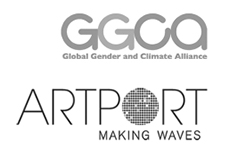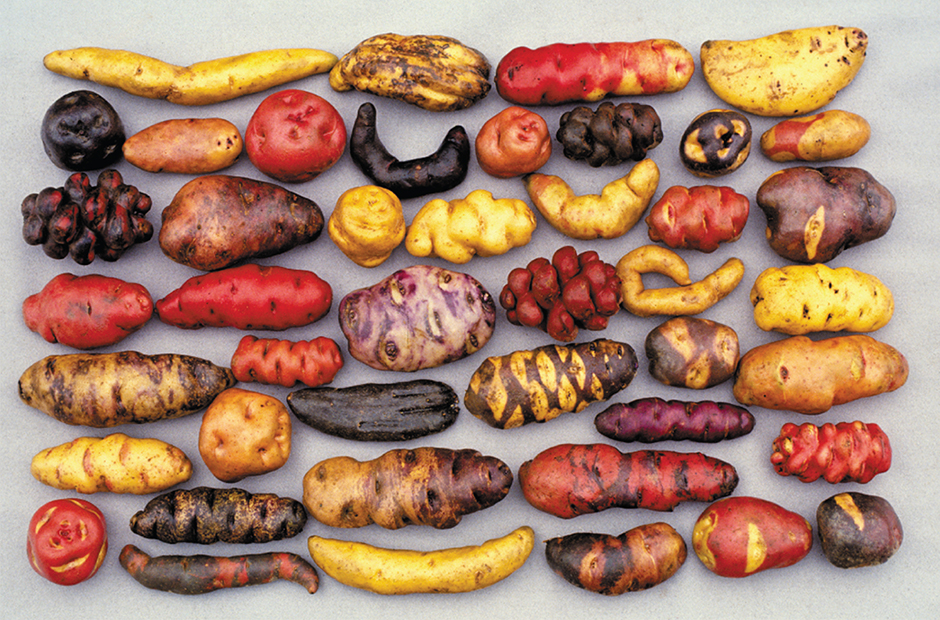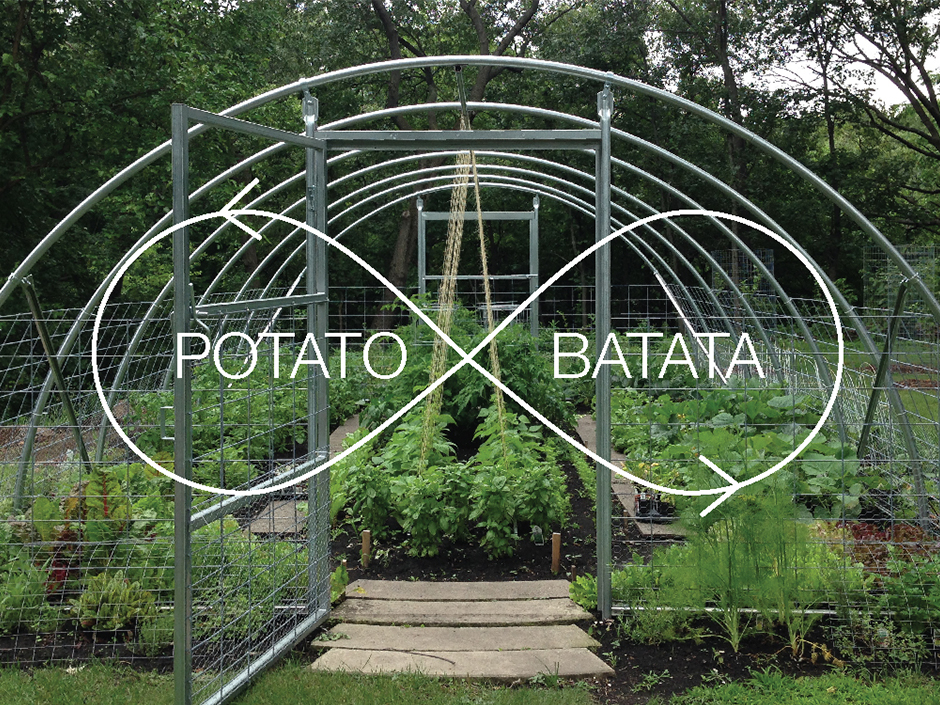FRANCESA
RANCESWR
ANCESWHT
NCESWHIE
CESWHITT
ESWHITEA
SWHITEHL
WHITEHE
HITEHEA
ITEHEAD
TWHEADF
EHEADFR
HEADFRA
EADFRAN
ADFRANC
DFRANCE
DATE
2009
COMMISSION
COP15, UN Climate Change Conference, Copenhagen, Denmark
ARTPORT_making waves
Global Gender and Climate Alliance
COLLABORATING ARTISTS
Frances Whitehead- concept + narrative
Steve Juras - videographer
Jose Ferreira - film footage
MEDIA
HD video, Super 8 mm, transferred to DVD
Duration
4.5 minute looped video
PHOTO CREDITS IN ORDER OF APPEARANCE
Vavilov Institute
Neemah A. Esmaeilpour
Rebecca Blackwell/Oxfam America
International Potato Center
Bioneers 2009
IISD Canada
Martin Rowe

UNFORESEEN
Women Climate Heros
UNFORESEEN: traces the contribution of early twentieth century plant geneticist, Lydia Rodina of the Vavilov Institute, St. Petersburg, Russia, as her work continues to have global impacts. Bringing women scientists, policy makers and community organizers together, the digital video elucidates the interconnectivity of women climate heroesworldwide, and the impacts of their work, now and into the future.
Originally created for the exhibition Re - Cycles of Paradise in connection with the UN Climate Change conference, COP15, Copenhagen, Denmark. The exhibition was held at the DGI-byen, the official events venue of the Danish Foreign Ministry and featured new works commissioned by the Global Gender and Climate Alliance, and ARTPORT_making waves, raising challenging questions on gender and climate change.
UNFORESEEN:
Where is climate?
What is a hero?
Can we understand the true systemic nature of the world?
How do we understand it?
Can we see it?
Can we see it with media images?
What is the role of gender in understanding world systems?
Are women always working bottom up?
Do women leaders always work in their home countries?
Do they operate internationally? What is international?
Is it all global?
Is it all local?
Is internationalism important? What is important?
Are women the most affected?
Who else is doing this work?
What work counts and should be recognized?
How do we recognize it?
Is the power in the language?
Can language change politics?
Can politics change climate?
Can women change climate?
What is climate?
Is climate changing?
How do we prepare?
Do we know what to do?
Must we change our ways?
Which ways do we change?
What do we keep?
Who decides?



